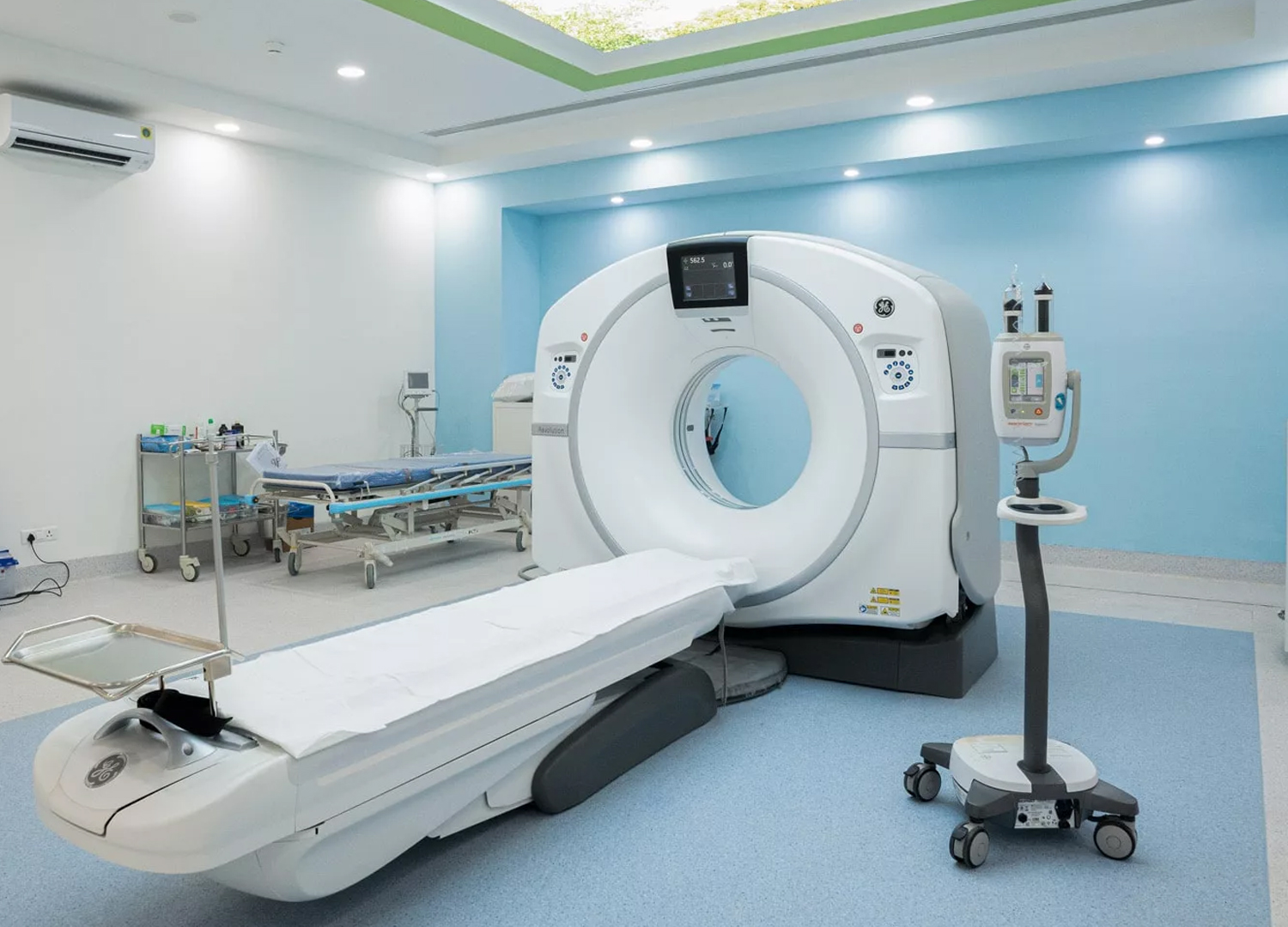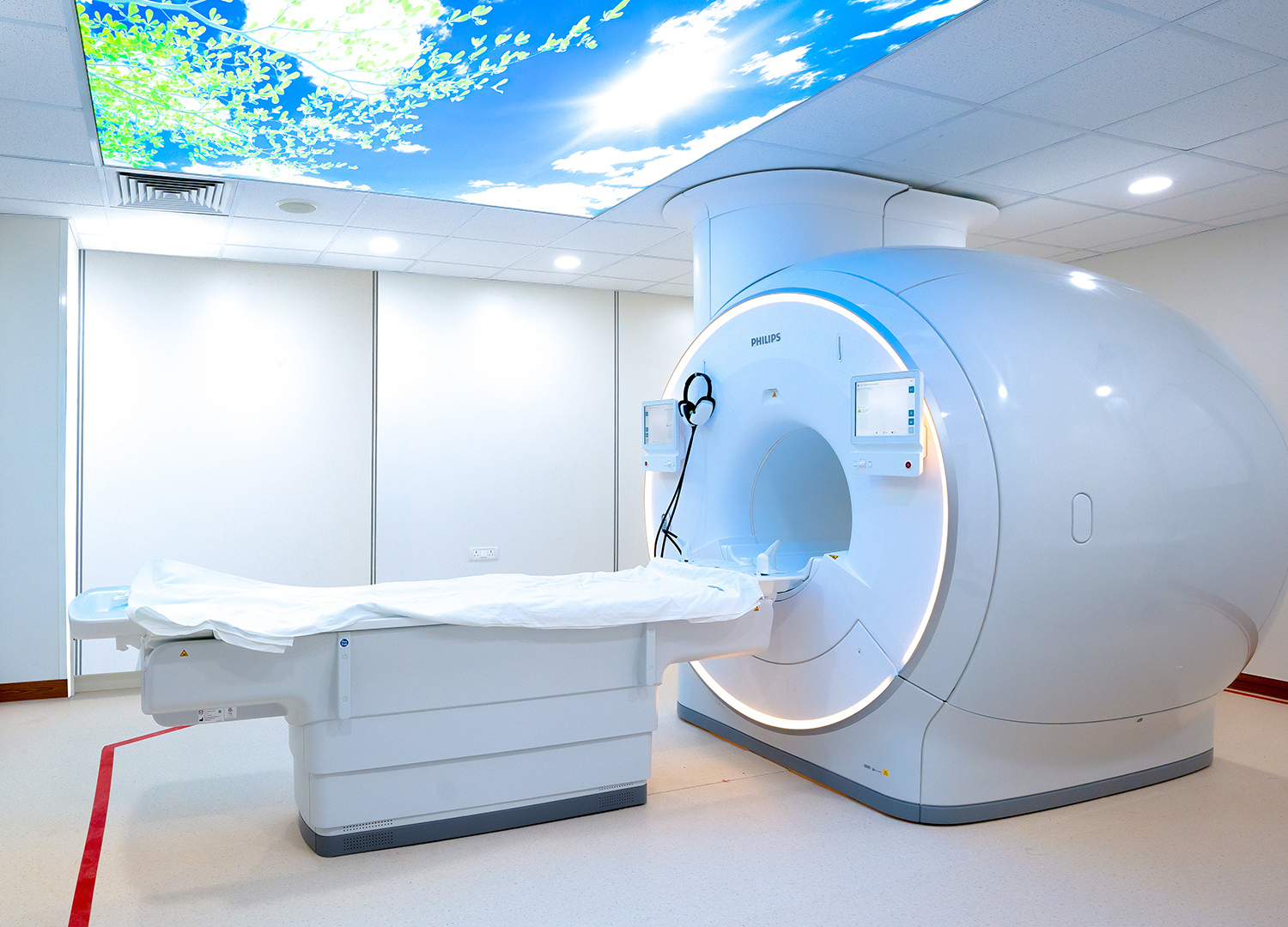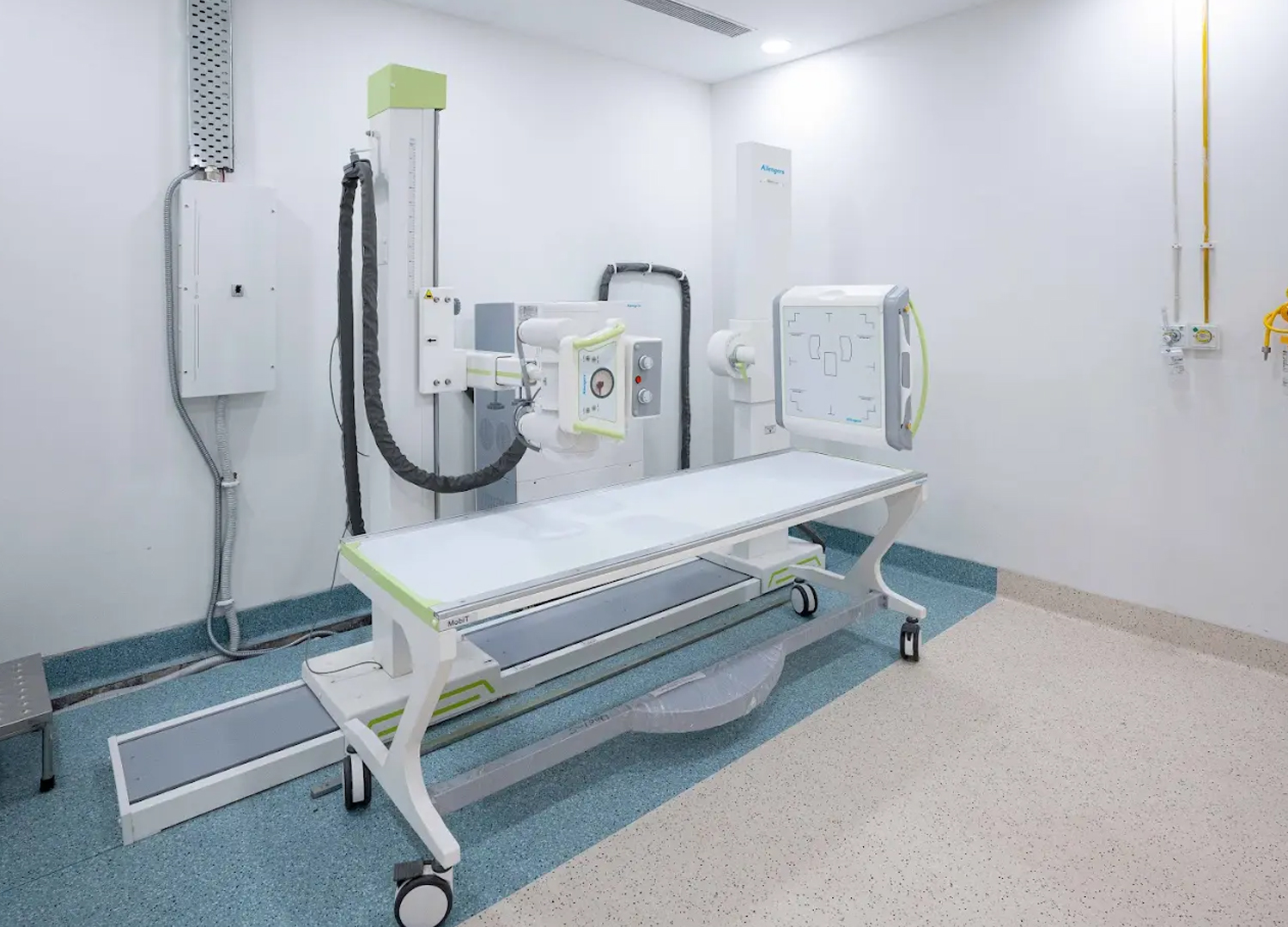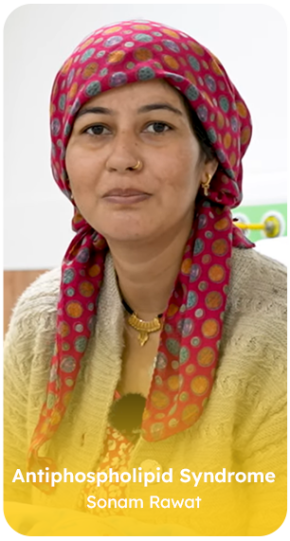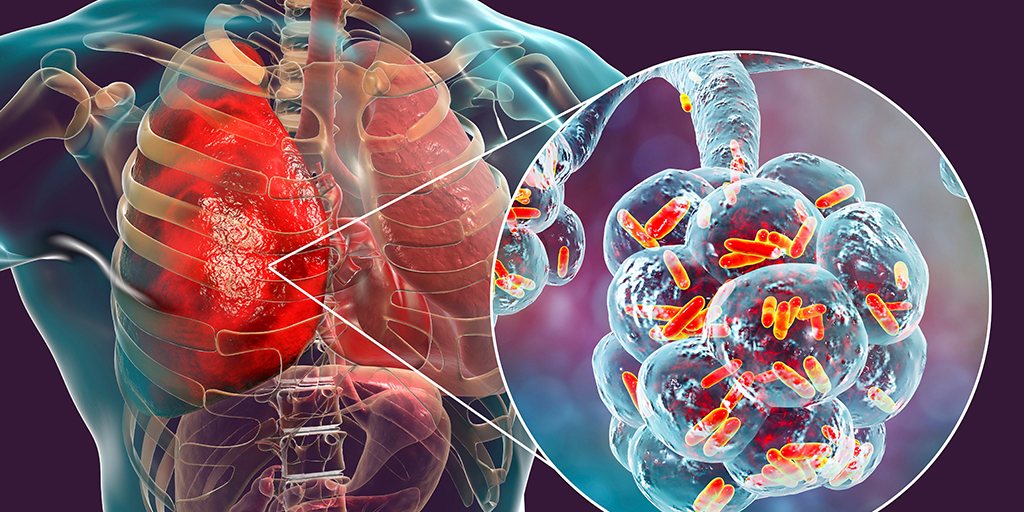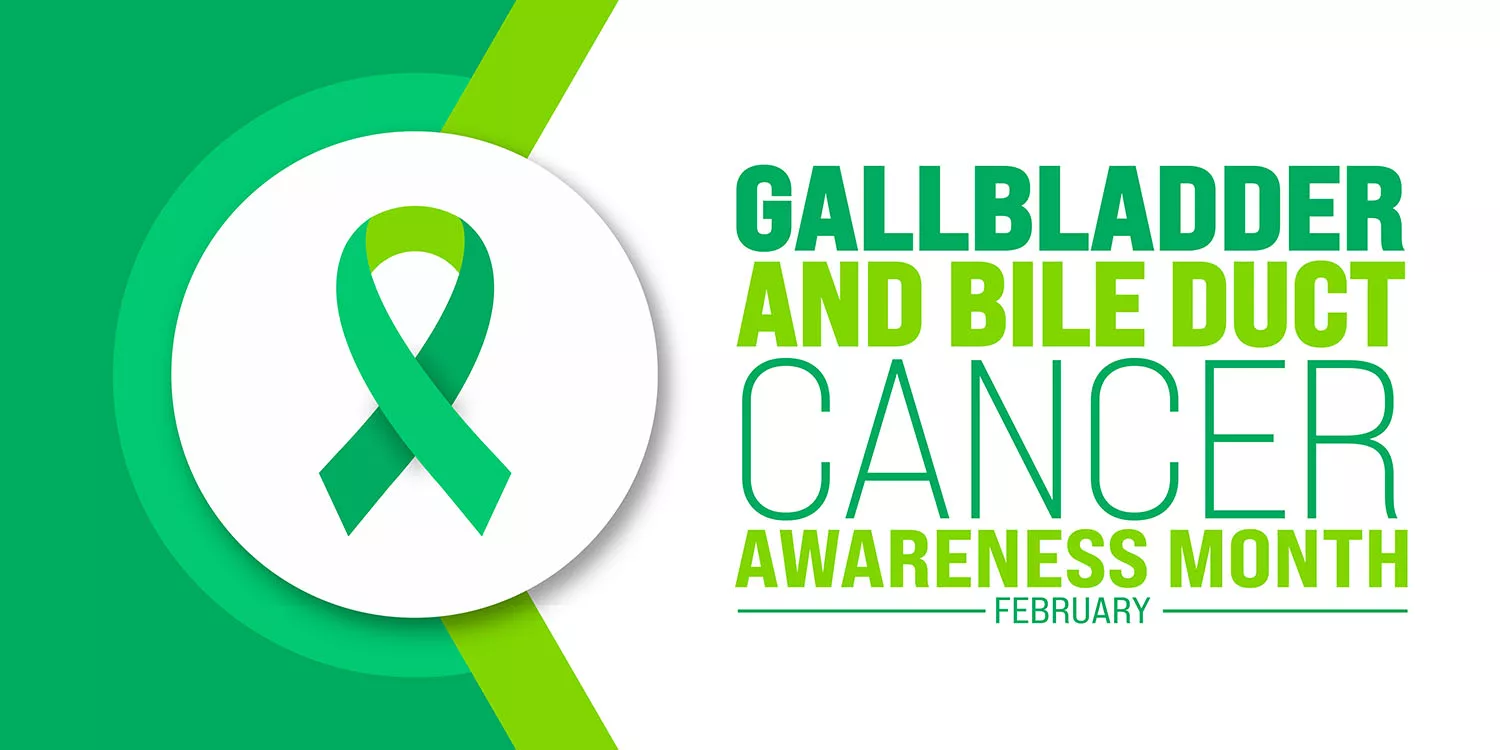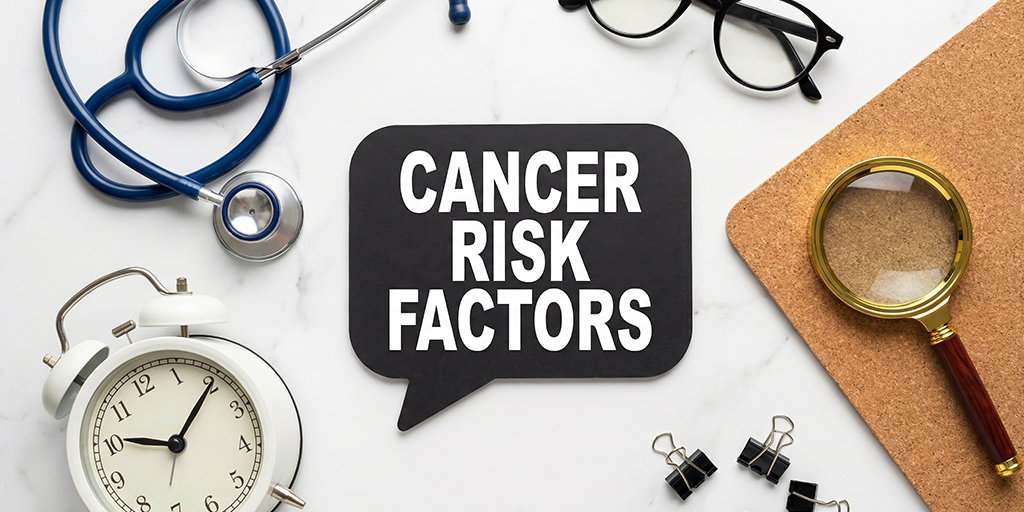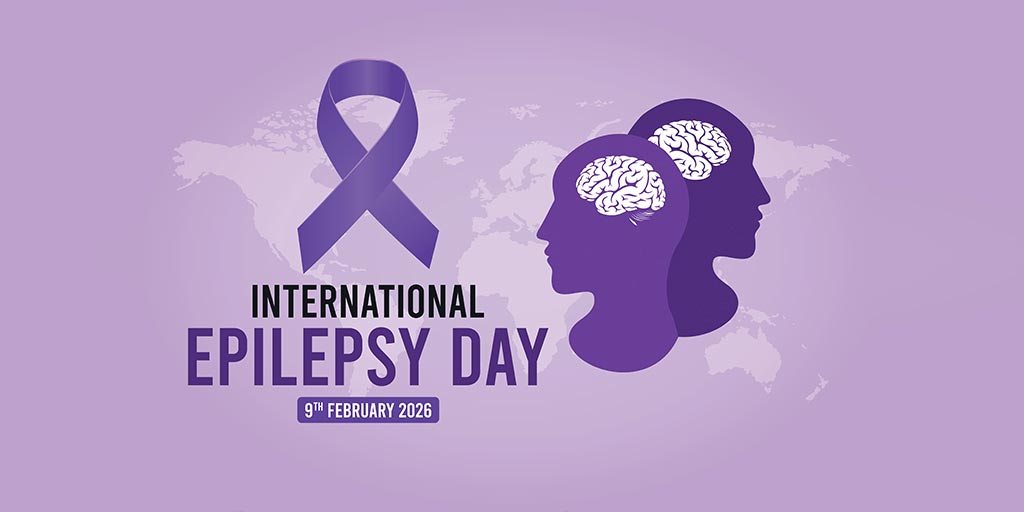At Graphic Era Hospital, we are committed to providing comprehensive care for all types of psychiatric disorders, ensuring the well-being of our patients through a compassionate and evidence-based approach. Our team of highly skilled psychiatrists and mental health professionals specialises in diagnosing, treating, and managing a wide range of psychiatric conditions, from anxiety and depression to complex neuropsychiatric disorders. With state-of-the-art facilities and a patient-centred ethos, we offer personalised treatment plans that integrate the latest advancements in mental health care. Whether you require outpatient consultation, inpatient care, or holistic therapy, Graphic Era Hospital is dedicated to supporting you on your journey towards mental wellness.
When to Consult a Psychiatrist?
Seeking psychiatric care is essential when mental health concerns begin to affect daily life, relationships, or overall well-being. Early intervention can lead to better treatment outcomes and improved quality of life. You should consider consulting a psychiatrist if you experience any of the following:

- Persistent Feelings of Sadness or Hopelessness: If you have prolonged periods of depression, loss of interest in activities, or feelings of emptiness, it may indicate a mood disorder such as depression or bipolar disorder.
- Severe Anxiety or Panic Attacks: Frequent, overwhelming anxiety, excessive worry, or panic attacks that interfere with daily life may require professional evaluation and treatment.
- Uncontrolled Stress or Emotional Distress: If stress becomes overwhelming and leads to emotional breakdowns, irritability, or an inability to cope with routine tasks, psychiatric support can help develop effective coping strategies.
- Hallucinations or Delusions: Experiencing hallucinations, delusions, or difficulty distinguishing reality may indicate psychotic disorders such as schizophrenia and require immediate medical attention.
- Difficulty Managing Daily Life Due to Mental Health Issues: Struggling with concentration, motivation, or decision-making due to mental distress can impact work, relationships, and personal responsibilities, warranting professional support.
- Substance Abuse or Addictive Behaviours: If alcohol, drugs, or other addictive behaviours are being used to cope with emotional distress, psychiatric intervention can help address underlying issues and provide effective treatment.
- Changes in Sleep or Appetite Patterns: Significant disruptions in sleep or eating habits, whether excessive or inadequate, can be signs of mental health disorders such as depression, anxiety, or eating disorders.
- Unexplained Physical Symptoms with No Medical Cause: Chronic pain, fatigue, or digestive issues with no clear medical explanation may be linked to underlying mental health conditions like somatic symptom disorder or anxiety.
- Thoughts of Self-Harm or Suicide: If you or someone you know is experiencing suicidal thoughts, seeking immediate psychiatric help is crucial for safety and intervention.
If you or a loved one is experiencing any of these symptoms, consulting a psychiatrist at Graphic Era Hospital can provide the necessary support, diagnosis, and treatment to promote mental well-being and recovery.
Psychiatric Conditions Treated at Graphic Era Hospital
Schizophrenia and Other Psychotic Disorders
Our team offers expert diagnosis and management of schizophrenia and other psychotic disorders, providing comprehensive care to enhance patients’ quality of life. The services Include:
- Assessment and stabilisation of acute psychotic episodes: We conduct thorough evaluations to diagnose psychotic conditions accurately and provide immediate interventions to stabilise patients during acute episodes.
- Long-term treatment using a combination of medication and psychotherapy: Our specialists develop personalised treatment plans that integrate antipsychotic medication with evidence-based psychotherapeutic approaches to support long-term recovery.
- Support for families and caregivers to understand and manage the condition: We offer guidance and educational resources to help families and caregivers navigate the challenges of supporting a loved one with a psychotic disorder.
- Relapse prevention strategies and ongoing monitoring for improved outcomes: Through regular follow-ups, medication management, and tailored relapse prevention plans, we aim to reduce the likelihood of recurrence and ensure sustained mental well-being.
Psychological Therapies and Counselling
We provide evidence-based psychological therapies and counselling to address a wide range of mental health concerns, promoting emotional well-being and long-term recovery. Key offerings include:
- Cognitive-behavioural therapy (CBT), dialectical behaviour therapy (DBT), and other therapeutic modalities: Our experts utilise scientifically proven therapies to help individuals manage negative thought patterns, regulate emotions, and develop coping strategies for various mental health conditions.
- Individual, group, and family counselling sessions: We offer personalised therapy sessions tailored to individual needs, group sessions for shared experiences, and family counselling to strengthen relationships and improve communication.
- Emotional support for coping with stress, anxiety, depression, and trauma: Our therapists provide a safe and supportive environment to help individuals navigate emotional distress, build resilience, and develop effective coping mechanisms.
- Holistic approaches to enhance resilience and personal growth: We integrate mindfulness, relaxation techniques, and lifestyle interventions to foster emotional strength, self-awareness, and overall mental well-being.
Substance Abuse Disorder
Our specialised programmes support individuals in overcoming addiction, promoting recovery, and helping them regain control over their lives through comprehensive and compassionate care. Key features include:
- Detoxification and medical management of withdrawal symptoms: We provide medically supervised detoxification to ensure a safe withdrawal process, managing symptoms and reducing discomfort during the initial stages of recovery.
- Behavioural therapies and relapse prevention strategies: Our experts employ evidence-based therapies, such as cognitive-behavioural therapy (CBT) and motivational enhancement therapy, to address the psychological aspects of addiction and minimise the risk of relapse.
- Individualised rehabilitation programmes for alcohol, drugs, and other dependencies: We create tailored rehabilitation plans that cater to each patient’s unique needs, incorporating therapy, lifestyle changes, and long-term support for sustained recovery.
- Family education and support to foster a supportive recovery environment: We engage families in the recovery process, providing education and counselling to help them understand addiction, improve communication, and create a positive, supportive home environment.
Psychometric Assessments
We offer a comprehensive range of psychometric assessments to evaluate mental health, cognitive functioning, and emotional well-being, aiding in accurate diagnosis and personalised treatment planning. The services Include:
- Assessments for personality, intelligence, and emotional well-being: Our tests provide valuable insights into an individual’s personality traits, cognitive abilities, and emotional health, helping to identify strengths and areas for improvement.
- Diagnostic evaluations for anxiety, depression, and mood disorders: We conduct standardised assessments to assist in diagnosing various mental health conditions, ensuring a precise understanding of symptoms for effective treatment.
- Tools to aid in career counselling and decision-making processes: Our psychometric evaluations support individuals in making informed career choices by assessing aptitude, interests, and personality compatibility with different professions.
- Tailored recommendations based on assessment findings: Based on the results, we provide expert guidance and personalised strategies to enhance mental well-being, improve performance, and support overall psychological health.
Assessment for Neurodevelopmental Disorders
Our department specialises in the evaluation and management of neurodevelopmental conditions in both children and adults, ensuring timely diagnosis and personalised care for optimal development. Key services include:
- Comprehensive assessment for ADHD, autism spectrum disorder, and learning disabilities: We conduct detailed evaluations using standardised tools to accurately diagnose conditions such as attention-deficit/hyperactivity disorder (ADHD), autism spectrum disorder (ASD), and learning difficulties, enabling appropriate intervention.
- Early intervention programmes to support cognitive and social development: Our early intervention strategies focus on enhancing cognitive abilities, communication skills, and social interactions, helping individuals achieve their full potential from a young age.
- Individualised treatment plans, including behavioural therapies and educational strategies: We design customised treatment approaches incorporating behavioural therapy, skill-building exercises, and specialised educational techniques to support learning and development.
- Parental guidance and training to assist with long-term management: We provide parents and caregivers with expert advice, resources, and training to help them navigate challenges, reinforce positive behaviours, and create a supportive home environment for their child’s growth.
Doctors Available
Dr. (Lt.Col.) Jeetpal Singh Rana
Senior Consultant & HOD
Psychiatry
Experience: 22+ Years
Book An AppointmentWhy Choose Graphic Era Hospital for Psychiatric Care?

Diagnostic and Therapeutic Methods at Graphic Era Hospital
At Graphic Era Hospital, we employ advanced diagnostic and therapeutic methods to assess, manage, and treat a wide range of psychiatric conditions. Our multidisciplinary approach ensures accurate diagnosis and personalised treatment plans, enhancing patient outcomes and overall mental well-being.
Diagnostic Methods
- Comprehensive Psychiatric Evaluations: Our specialists conduct thorough psychiatric assessments, including detailed patient history, symptom analysis, and structured interviews, to diagnose conditions such as depression, anxiety disorders, schizophrenia, and bipolar disorder.
- Psychometric and Neuropsychological Assessments: We utilise standardised psychometric tests to evaluate cognitive function, personality traits, emotional well-being, and neurodevelopmental disorders such as ADHD and autism spectrum disorder.
- Laboratory and Imaging Investigations: When necessary, we employ laboratory tests and neuroimaging techniques like MRI and EEG to rule out underlying neurological or medical conditions that may contribute to psychiatric symptoms.
Therapeutic Methods
- Medication Management: Our psychiatrists prescribe and monitor psychotropic medications, including antidepressants, antipsychotics, mood stabilisers, and anxiolytics, ensuring safe and effective treatment tailored to each patient’s needs.
- Evidence-Based Psychotherapies: We offer a range of psychological therapies, including cognitive-behavioural therapy (CBT), dialectical behaviour therapy (DBT), and interpersonal therapy, to help patients manage emotional distress and behavioural challenges.
- Electroconvulsive Therapy (ECT): For severe or treatment-resistant psychiatric conditions such as major depression and schizophrenia, we provide ECT under strict medical supervision to offer rapid symptom relief.
- Rehabilitation and Relapse Prevention Programmes: Our hospital provides structured rehabilitation services, including addiction recovery programmes, occupational therapy, and social skills training, to promote long-term stability and prevent relapse.
- Holistic and Lifestyle-Based Interventions: We integrate lifestyle modifications, stress management techniques, mindfulness practices, and nutritional counselling to support overall mental well-being and improve treatment efficacy.
At Graphic Era Hospital, we are committed to delivering world-class psychiatric care through a blend of cutting-edge diagnostics and innovative therapeutic interventions, ensuring a holistic and patient-centred approach to mental health.
Top Procedures
- Psychiatric Evaluation
- Cognitive Behavioral Therapy (CBT)
- Electroconvulsive Therapy (ECT)
- Transcranial Magnetic Stimulation (TMS)
- Deep Brain Stimulation (DBS)
- Psychodynamic Therapy
- Dialectical Behavior Therapy (DBT)
- Medication Management
- Ketamine Infusion Therapy
- Biofeedback Therapy
- Group Therapy
- Psychosocial Rehabilitation (PSR)
Psychiatry Conditions Treated at Graphic Era Hospital
Advanced Diagnostics & Technology
- Offers high-resolution imaging for detailed blood vessel analysis, aiding in accurate diagnosis and treatment planning.
- Delivers advanced imaging with high resolution for clear, detailed views of soft tissues, ensuring precise diagnostics.
- Provides high-quality, detailed radiographic images for accurate diagnosis with minimal exposure to radiation.
Other Specialities
Patient Stories
Blog
Frequently Asked Questions (FAQs)
When should I consult a psychiatrist?
You should seek psychiatric care if you experience persistent sadness, anxiety, mood swings, hallucinations, difficulty coping with stress, substance abuse, or thoughts of self-harm. Early intervention can lead to better treatment outcomes and improved mental well-being.
What diagnostic techniques are used to assess mental health conditions?
At Graphic Era Hospital, we use comprehensive psychiatric evaluations, psychometric assessments, neuropsychological tests, and, when needed, neuroimaging techniques such as MRI or EEG to accurately diagnose psychiatric disorders.
What treatment options are available for psychiatric disorders?
We offer a range of treatments, including medication management, psychotherapy (such as CBT and DBT), electroconvulsive therapy (ECT) for severe cases, and holistic interventions like stress management and lifestyle modifications.
Do you provide treatment for substance abuse disorders?
Yes, we offer specialised addiction recovery programmes, including medically supervised detoxification, behavioural therapy, relapse prevention strategies, and family counselling to support long-term recovery from substance dependence.
How does Graphic Era Hospital ensure a patient-centred approach to mental health care?
We focus on personalised treatment plans, active involvement of patients and families in decision-making, and a supportive environment that integrates therapy, medication, and holistic interventions to ensure the best possible outcomes.
Can family members be involved in the treatment process?
Yes, we encourage family involvement through counselling, education sessions, and guidance on supporting loved ones with mental health conditions, helping create a positive and understanding recovery environment.




